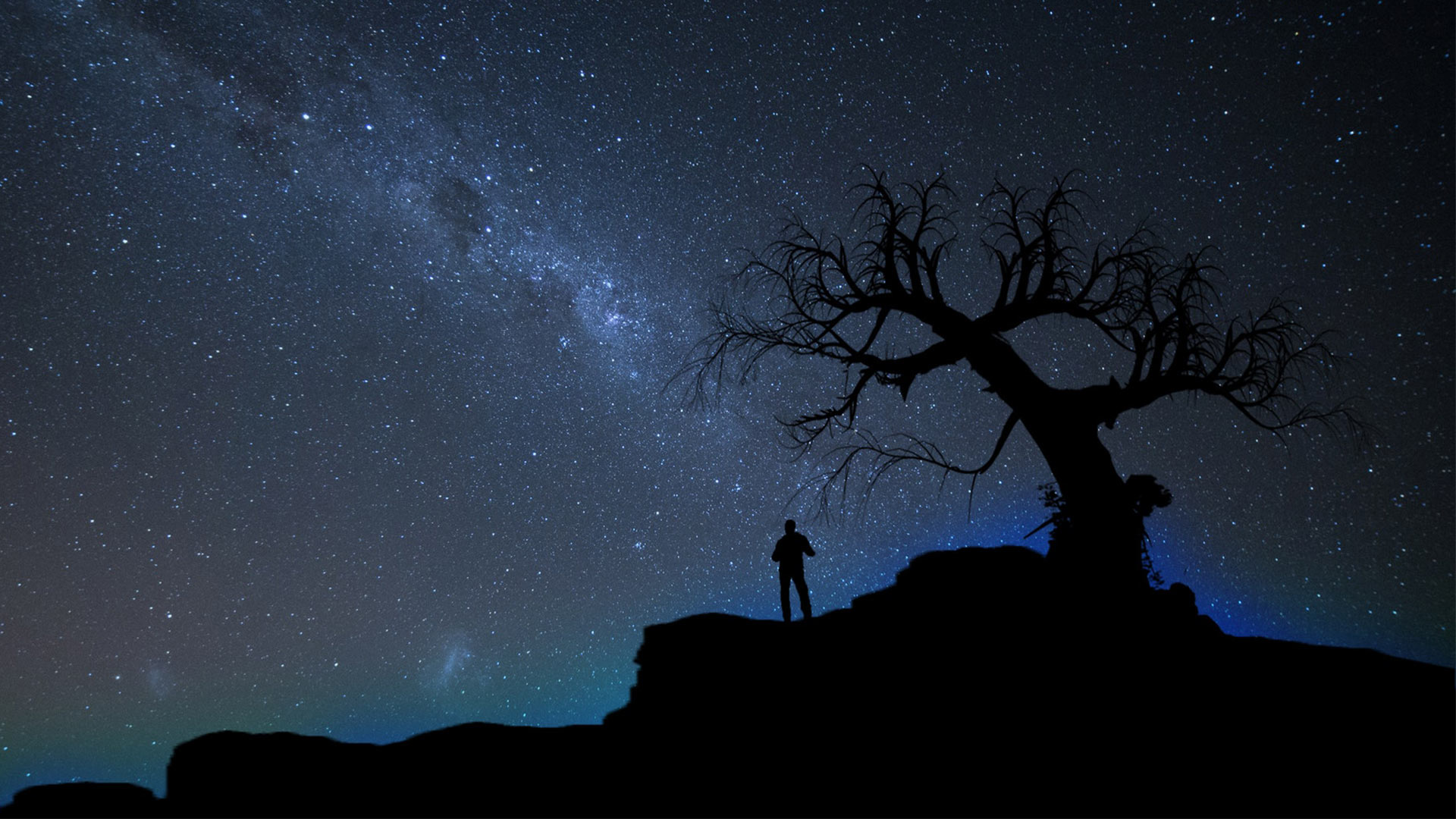Over on The Allender Center Podcast, we’re in the middle of a two-part conversation about Black Panther and what it has to teach us about trauma and healing. Here, Heather Casimere, a second-year MA in Theology & Culture student, writes about her own experience of the film, reflecting on the space it opens for her to visualize, celebrate, and draw closer to a vibrant lineage that is often minimized or co-opted by dominant culture. In learning who we are and where we come from, Heather reminds us that the stories we tell matter.
I am a 32-year-old woman of African descent, raised on the North American continent. Already, with just this little bit of information, one should have the awareness to know that makes my story a little complicated. Mine is an experience that has been both glorious and painful. I have beautiful roots of deep familial tradition and delicious Creole food out of southern Louisiana. The legacy of audacious, liberal Berkeley is also mine. There are roots that are from before both of these places, but to which tree they run, exactly, remains unknown—unless I trace my roots directly back to that tree in the Garden. This part of my story is not unique; it is one that is familiar to the estimated 42 million African-Americans residing in the United States. The fact that we don’t know exactly from where we come is one aspect of the pain experienced by the descendants of enslaved Africans who were separated from their homelands and loved ones (and, as a result, separated from their stories).
Last month, I saw Black Panther. Twice. The first time I did it real big: paid too much money to take in the IMAX experience at Pacific Science Center with friends. The second time, I escaped into the cool of the movie theater, settling my brown body into the blessed darkness to again witness positive images of my people. I gazed up in wonder at the sheer number of compelling portrayals of African and Black people, in awe of the diversity of beauty and personality represented on the screen. I gasped aloud as T’Challa emerged, humbly grounded in the knowledge of who he was as the King of Wakanda (a fictional country in Africa, presented as the most technologically and advanced in the world). Owning his deep mahogany skin, T’Challa gazes up at the cliffs of the waterfall where members of his tribe and those of neighboring villages stand, diverse in their color, vibrancy, and desire. His people pump their chests and stand behind him as they rise before him. Their solidarity and quiet chanting of his name reminds the humble king of who he is; his ability to overcome adversity; his identity within the tribe. These positive images of diversity within African and African-American culture are not images we receive often from dominant culture.
That is why this movie is so important. It allows young Black boys and girls (who know some of their stories but not all of them) to catch glimpses of who they might be. This film reminded me, a grown woman, of the pride of my own culture—even as one who is somewhat separated from her African-ness, even as immersed as I have been in the reality of my African-American experience. This film reveals to the kid in all of us the infinite possibilities of who we may become. It invites us to look more closely at who we are even as we dream of what could be, of what already is.
“This film reminded me, a grown woman, of the pride of my own culture.”
To my fellow black and brown folks: go see this movie. Again. You are beautiful and deserve to see that beauty on the big screen so much more often than you do.
To my brothers and sisters who are underrepresented and represent every skin tone, sexual orientation, and other-ness: I wish a similar visual space to be created for you, where you feel represented and seen.
To those who have come alongside as allies: I am grateful for you who are entering into uncomfortable spaces, doing your own work even as you take action beside folks of color in the struggle for liberation for us all.
To white folks having trouble engaging, I challenge you: Enter into the hard spaces. Dare to be uncomfortable as you move toward what is right. And too, see the movie.
Black Panther reminded me: I am proud to be who I am, and from where I am from. Even if all of those places to where the roots lead aren’t fully known to me yet.
I feel like roaring. A bit like a panther, perhaps.

